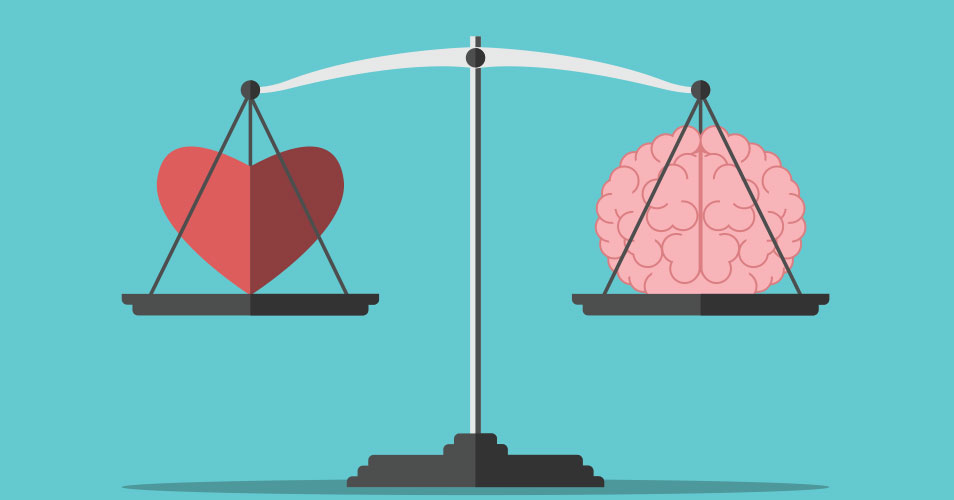Emotional intelligence is an important human trait that one must possess. It not only helps in personal life but also in professional life. More often than not, we fail to understand other people’s feelings. We don’t realize what we feel and why we feel so. E.I. is the ability of our mind to perceive, manage, and express emotions effectively. It is the ability to regulate feelings and guide actions accordingly.
Just like I.Q., emotional intelligence also varies from one person to another. Some people might be good with emotional intelligence skills; others might need to build their skills over time. Being good with E.I. can help in sustaining both personal and professional relationships. It can empower our minds to make us happy and peaceful. It is said that a balanced, empathetic, and friendly person is emotionally aware as compared to an unempathetic person.
The traits of an emotionally intelligent person are:
- Ability to recognize their own emotions.
- The power to forgive and forget.
- Ability to relate to the emotions of others.
- Ability to control thoughts and feelings.
- Ability to listen to others.
- Ability to manage emotions and express acceptably.
- Ability to take criticism positively.
Can you identify with the traits listed above? If you are one of those with gifted E.I., worry not as emotional intelligence skills training can help you in building your E.I. Just like any other skill, E.I. can also be developed and built with the help of a training course.
Can E.I. be learned?
As mentioned above, you can very well learn E.I. even if you have below-average E.Q. The only thing you need is motivation to learn and apply it in your real life. E.I. can be learned and improved at any point in life.
Stages of learning emotional intelligence
-
Insight
Learning begins when we are aware that something needs to be changed or improved. Five components of emotional intelligence are self-awareness, self-regulation, motivation, empathy, and social skills. Learning E.I. begins with which aspect of E.I. we need to improve.
-
Assessment
The next step is to assess where you stand for each aspect of E.I. During emotional intelligence training, materials to diagnose your emotional intelligence will be available.
-
Training
Once the assessment is complete, it opens a range of options to choose from. It gives an idea of what part of emotional intelligence one needs to improve.
-
Application
The final and the most important stage of E.I. Learning is application. The self-help activities and exercises during the course help in implementing E.I. in real life.
Ways to develop emotional intelligence
-
Identify negative emotions
E.I. is all about emotional management. It’s about identifying the feelings and uses them efficiently. Being able to identify the emotions that bring us down will not let us feel overwhelmed. For example, if someone upsets you, don’t react immediately. Take some time to gather thoughts and choose your revert wisely.
-
Self-evaluation
You need to know to assess yourself and look into your actions deeply. Ask yourself if you are thinking the right way, should you use these words? Was your reaction appropriate? Are you on the right track? All this will contribute to building E.I.
-
Self-expression
Self-expression and E.I. are intertwined. You can’t build one without another. People who express their thoughts effectively are high on E.I. Self-expression needs focusing on better communication with others.
-
Stress management
Some studies suggest that people with emotional awareness are better at managing stress. Especially in the workplace, stress can impact our emotional capability. Stress management techniques also help in coping up with stress and preventing its side effects both mentally and physically.
If you are looking for an emotional intelligence skills course, Knowxbox is the right place for you. We offer e-learning courses to develop soft skills that are helpful in personal life, the progression of your career and landing good job opportunities. For more information on our courses, get in touch with us today.
